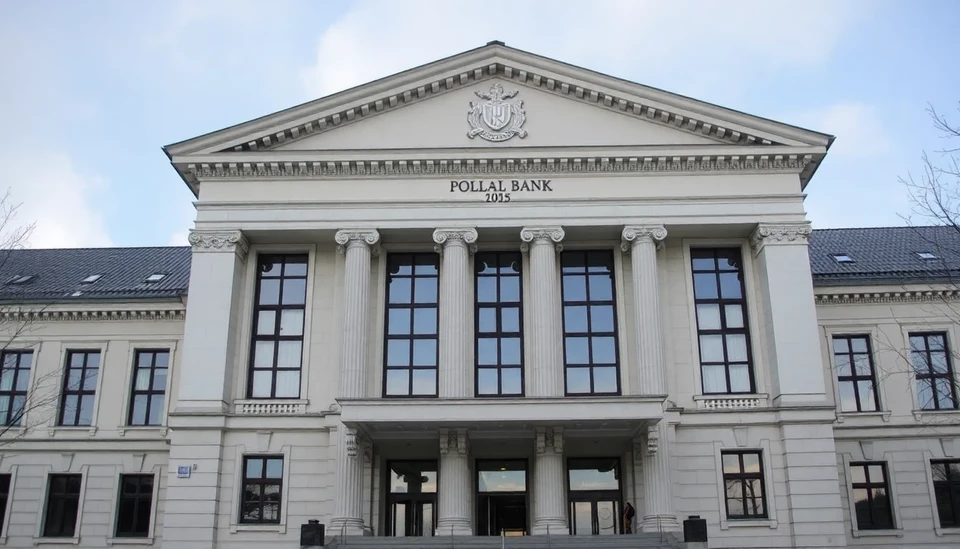
In a decisive step towards fiscal responsibility, Poland has unveiled its plans to address its financial shortfall, aiming to align with the European Union's stringent fiscal guidelines by 2028. The country has been facing challenges while navigating the intricate balance of economic growth and budgetary discipline, prompting officials to act strategically in hopes of avoiding potential sanctions from the EU.
Over the past few years, Poland's budgetary situation has raised concerns due to rising deficits, partly influenced by post-pandemic recovery initiatives and increased spending on social programs. In light of this, the Polish government is committed to implementing measures that will reduce the fiscal deficit below the EU's 3% GDP threshold within the next five years.
The Polish Finance Minister has emphasized the necessity of these reforms, stating that "fiscal discipline is crucial for the stability and growth of our economy." The government’s plan involves a mix of spending cuts, tax reforms, and efforts to stimulate economic growth through investment in infrastructure and innovation.
Analysts suggest that Poland's strategy is not just a response to current fiscal woes but also a proactive measure to enhance its credibility with international investors and to maintain its standing within the EU. Poland's swift action is seen as essential, especially as the EU gears up for more rigorous enforcement of its fiscal rules.
Furthermore, the Polish government is also eyeing improvements in public procurement regulations and enhancing efficiency in the public sector to combat wasteful spending. These changes are expected to result in considerable long-term savings, and bolster Poland’s fiscal health.
Experts agree that the path ahead won’t be without challenges, particularly given the political ramifications of austerity measures. Public sentiment regarding government spending has remained a sensitive topic, and the government's ability to justify cuts or tax increases while ensuring public services remain intact will be a significant test of its political agility.
In conclusion, as Poland sets its sights on fiscal compliance by 2028, the moves are expected to reshape the nation’s economic landscape. Securing a sustainable budget will not only demonstrate Poland's commitment to EU regulations but will also play a crucial role in laying the foundation for future economic stability and growth.
With the next few years poised to be pivotal, all eyes will be on how effectively Poland can implement these changes while maintaining the support of its populace and ensuring economic resilience.
#Poland #EUBudget #FiscalResponsibility #EconomicGrowth #PolishEconomy #BudgetDeficit #Investment #Infrastructure #TaxReform
Author: Rachel Greene




